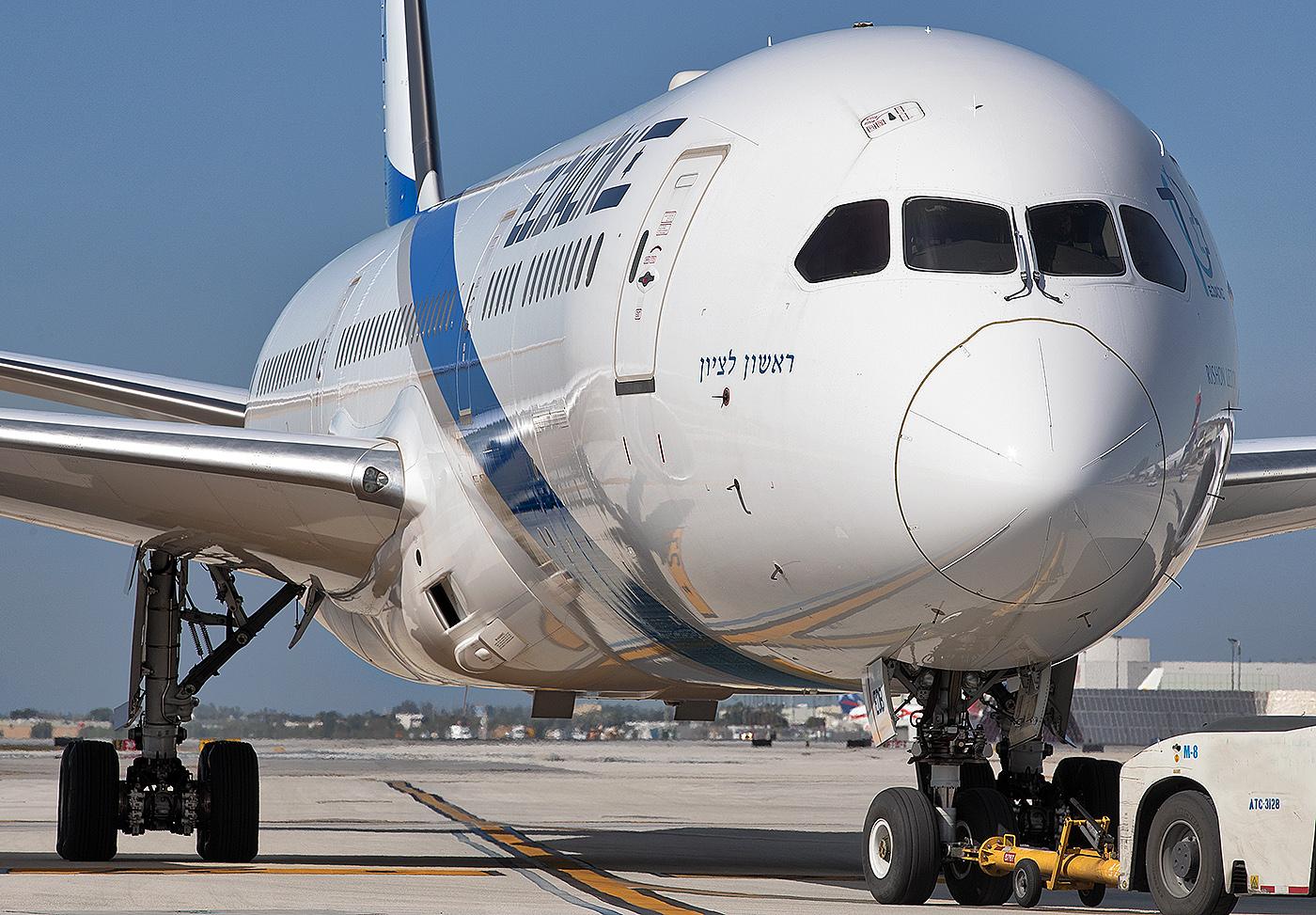
Israeli carrier El Al has warned it may not be able to continue as a going concern if it fails to secure a $400 million loan from its lenders backed by state guarantees.
“Given the uncertainty over the completion of said assistance, which is essential to allow the company to address the consequences of the crisis at this stage, the company estimates that there are significant doubts about its continued existence as a going concern,” El Al said on announcing its fiscal 2019 results on May 17.
El Al CEO Gonen Usishkin said his management team has been “working around the clock” on operational and financial measures to cut costs and maintain liquidity. COVID-19 has forced the airline to ground flights and redeploy passenger aircraft as freighters.
Meanwhile, oil prices and interest rates plummeted, leaving El Al with unfavorable hedges and demands for “significant” deposits as collateral, which further-impacted cash flow. El Al has also faced an influx of canceled-flight refund requests on a “material scale.”
“We established a streamlining program to allow the company to operate in the coming years and return to profitability; however, these measures will not be sufficient without the Israeli government support,” Usishkin said.
El Al has deferred some lease payments, canceled plans to lease two Boeing 737-800s, returned three wet-leased aircraft and agreed to a $76 million sale-and-leaseback on three 737-800s. Investment projects have also been canceled or suspended.
More than 90% of El Al’s staff are currently on unpaid leave and senior management have taken a 20% pay cut. The company has also released some of the NIS105 million ($30 million) funding surplus from its privatization.
El Al CFO Dganit Palti described the situation as a “serious cash flow crisis.”
In 2019, El Al’s passenger numbers were up 4% and revenue rose 2% to $2.18 billion, despite tough competition. Operating costs fell 1% to $1.83 billion, boosted by the introduction of 14 Boeing 787s, but the company’s net loss widened to $60 million, against a $52 million loss in 2018.
“We completed 2019 with an increase in revenue and gross profit. The company reported a loss of approximately $60 million, which was also affected by the initial implementation of a new accounting standard,” Palti said.
“However, notwithstanding the loss, the company generated unprecedented cash flow from operating activities totaling $294 million and completed the year with high cash balances of $264 million in its account.”





